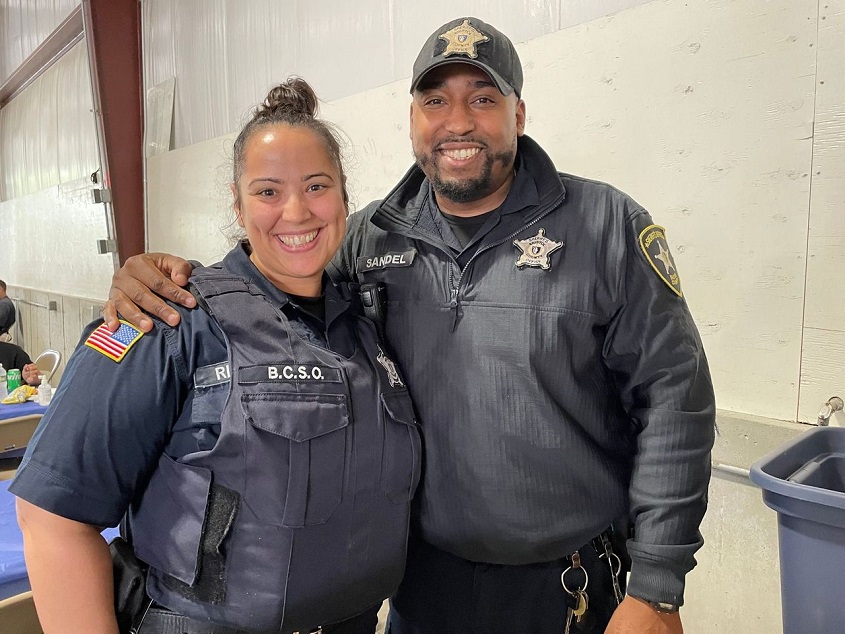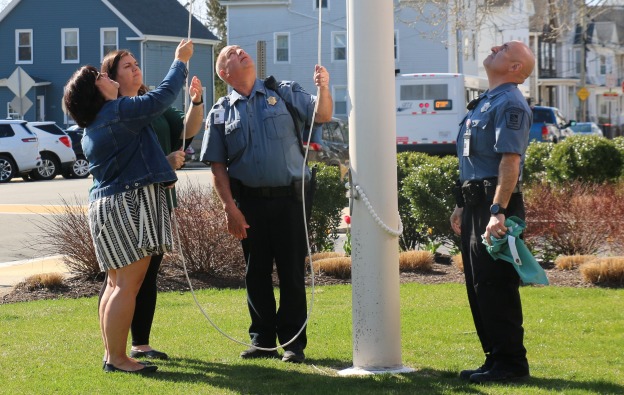Nearly 20 years after one advocacy group started its push to make in-state public college tuition rates accessible to undocumented immigrants and 15 years after the House rejected similar legislation, supporters are hopeful that Massachusetts will catch up to other states that have such policies on the books.
Legislation before the Higher Education Committee would extend in-state tuition rates — which are thousands of dollars per year lower than out-of-state rates — to undocumented immigrants who already reside in Massachusetts and attend its high schools, a change that backers say would help students secure a more stable financial footing and mitigate declining enrollment.
The latest push has the backing of one of the state higher education system’s most prominent figures: UMass Boston Chancellor Marcelo Suarez-Orozco, who emigrated from Argentina as a teenager and whose academic work has focused on migration and education.
Suarez-Orozco warned lawmakers that requiring undocumented Massachusetts residents, many of whom were brought to the United States at a young age, to pay out-of-state tuition rates “imposes a tremendous undertow to students who are already often disadvantaged in a number of ways.”
“They’re often, though not always, the first generation to go to college. They usually come from low-income families and hold multiple family responsibilities. They are not eligible for any kind of federal financial aid, and there are very limited scholarship opportunities available for them,” Suarez-Orozco said.
“These students come up through our educational system and have worked hard to move on to college,” he later added. “They value education and often offer an untold potential to our commonwealth. An act that affords them the same financial relief and the opportunity for tuition equity with their peers will go a long way to eliminating some of the negative consequences our unauthorized immigrant youth students face day in and day out.”
At UMass Boston, tuition and mandatory fees for the 2021-2022 school year total $14,697 for in-state students and $35,159 for out-of-state students. Fitchburg State University will charge an annual tuition of $970 for in-state students and $7,050 for out-of-state students next year, roughly similar to out-of-state rates at the other state universities and community colleges.
The bills before the committee (S 823, H 1352) continue to draw criticism from undocumented immigration opponents who contended Tuesday that the change would incentivize and reward the practice. Republican Rep. Marc Lombardo has a bill (H 1348) before the panel that would prohibit an undocumented resident from accessing in-state tuition.
Henry Barbaro, a Newton resident, testified Tuesday in opposition to the proposals, telling lawmakers that the bills “encourage further illegal immigration” and are “unfair” to those who have migrated legally.
“Why would anyone go through the bother of legally immigrating to Massachusetts when they can sidestep the process and gain the same benefits?” Barbaro said.
Under the latest legislation filed by Democrats Rep. Michael Moran of Brighton and Sen. Sonia Chang-Diaz of Jamaica Plain, an undocumented resident must have attended a Massachusetts high school for at least three years and graduated or achieved similar results in a Bay State adult education program to qualify for in-state tuition.
In 2018, Massachusetts was home to about 13,000 undocumented children under the age of 17 who were enrolled in public K-12 schools, according to Amy Grunder, director of legislative affairs for the Massachusetts Immigrant and Refugee Advocacy Coalition.
“We know or should know that these young people are fully integrated into our commonwealth and they’re not going anywhere,” Grunder said. “We do not benefit from excluding talented, motivated young people from higher education.”
Grunder told lawmakers that, since MIRA began advocating in 2003 for an earlier version of the legislation, 21 states and Washington, D.C. have extended in-state tuition eligibility to graduates of their high schools regardless of immigration status. That list includes neighboring Connecticut, Rhode Island and New York.
“These states are not outliers,” Grunder said. “They are pragmatic and they are fair, and it’s past time that we join them.”
Several participants at the committee’s Tuesday hearing, including Grunder and Rep. Carmine Gentile, noted that enrollment at state colleges and universities has been declining for years. Offering in-state tuition rates to undocumented immigrants, they said, could help mitigate that trend by attracting more students for whom higher education is currently too expensive.
None of the filers of the three major immigrant tuition bills — Moran, the House’s assistant majority leader; Chang-Diaz, who has been floated as a possible gubernatorial candidate; and Lombardo, the Republican who proposed legislation banning in-state tuition for undocumented immigrants — testified at Tuesday’s hearing.
While Democrats in Massachusetts have been outspoken on national immigration issues, Beacon Hill legislative leaders have often steered clear of bills favored by immigration reform activists.
The Legislature approved language as part of its 2004 budget that would have provided in-state tuition rates to undocumented immigrants, but Republican Gov. Mitt Romney vetoed that section and lawmakers opted not to override it.
A year and a half later, the House brought a bill to the floor that would have opened in-state tuition to undocumented students who attended a Massachusetts high school for at least three years, graduated and submit proof they have filed for U.S. citizenship. Representatives rejected the bill 57-97.
Presented with vocal support and opposition, lawmakers have opted more recently not to advance bills allowing undocumented immigrants to secure driver’s licenses or limiting law enforcement interaction with federal immigration authorities.
Supporters of those proposals expressed hope earlier this year that the first session under Speaker Ronald Mariano could produce results, though so far none of the bills have advanced beyond the committee stage.
 New Bedford Guide Your Guide to New Bedford and South Coast, MA
New Bedford Guide Your Guide to New Bedford and South Coast, MA









